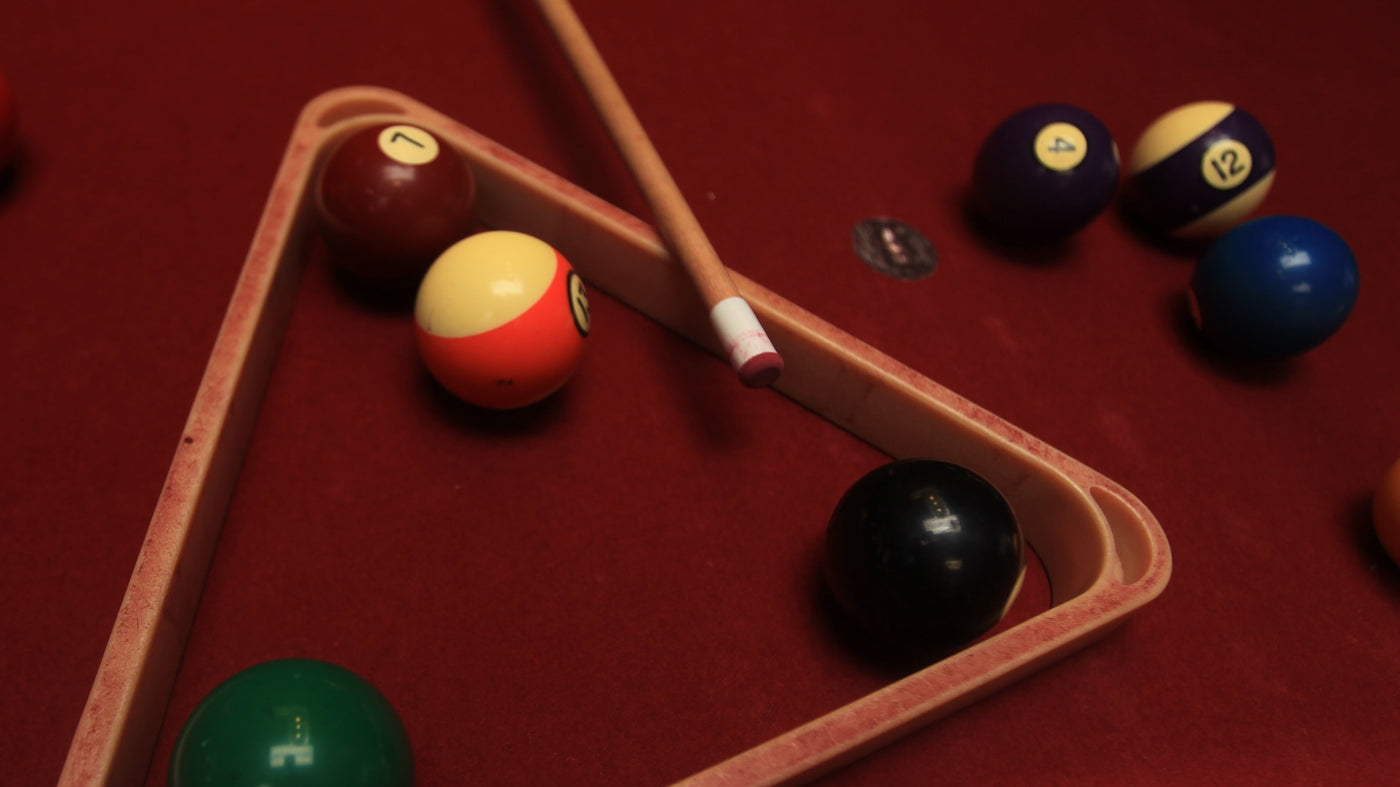Billiards is a game of precision, strategy, and finesse, and mastering it requires regular practice and dedication. In this article, we'll delve into ten essential billiards training drills that can elevate your game to new heights. Whether you're a beginner or an experienced player, incorporating these drills into your practice routine will undoubtedly lead to significant improvements.
Outline
- Importance of Practice in Billiards
- Setting Up Your Practice Area
- Fundamental Stroke Drills
- Positional Play Drills
- Cue Ball Control Drills
- Pocketing Skills Drills
- Speed and English Drills
- Safety Shots Drills
- Advanced Bank Shots Drills
- Mental Focus Exercises
- Conclusion
- FAQs (Frequently Asked Questions)
Importance of Practice in Billiards
Before diving into the specific billiards training drills, it's crucial to understand the significance of practice in billiards. Like any other sport or art form, consistent practice is the key to honing your skills. Regularly spending time at the table will improve your muscle memory, hand-eye coordination, and overall understanding of the game. Make a schedule and commit to it, even if it's just a few hours a week. Remember, quality practice beats quantity, so focus on purposeful and mindful training.
Setting Up Your Practice Area
Creating a conducive practice environment is essential for productive training sessions. Find a quiet and spacious area with ample lighting, preferably near a regulation-sized billiards table. Ensure your cue stick is in top condition, and you have enough billiard balls for the drills. Minimize distractions, such as smartphones or background noise, to maintain full concentration during practice.
Fundamental Stroke Drills
Every great billiards player has a solid foundation in stroke mechanics. Hone your basic stroke by performing fundamental drills regularly. Focus on a smooth and consistent stroke with proper follow-through. Some essential drills include the pendulum stroke, stop shot drills, and straight-line cue ball control. By mastering these techniques, you'll have better control over your shots and increase accuracy.
Positional Play Drills
Positional play is a critical aspect of billiards, allowing you to line up your next shot for optimal results. Work on position play drills that involve pocketing balls in specific sequences to improve cue ball control and pattern recognition. Practice stun shots, follow shots, and draw shots to maneuver the cue ball precisely where you want it to be.
Cue Ball Control Drills
Mastery of cue ball control is what sets apart average players from the pros. Engage in drills that challenge you to control the cue ball's path across the table, avoiding clusters and positioning it for your next shot. One useful drill is the "Cue Ball in Hand" exercise, where you place the cue ball anywhere on the table and practice navigating around obstacles.
Pocketing Skills Drills
Aim and pocketing skills are at the heart of billiards excellence. Develop your accuracy by undertaking pocketing drills that focus on specific shots, such as long shots, cuts, and bank shots. Challenge yourself with progressively difficult shots to build confidence in your ability to sink those crucial balls during a game.
Speed and English Drills
Adding speed and applying English (spin) to the cue ball can significantly expand your shot-making possibilities. Engage in drills that combine speed control with applying topspin, backspin, and side spin to the cue ball. By mastering these techniques, you'll be able to shape your shots and handle more complex position-play scenarios.
Safety Shots Drills
Billiards is not only about offensive play but also about strategic defensive moves. Safety shots are designed to put your opponent in difficult positions while keeping the cue ball out of harm's way. Practice safety shot scenarios to enhance your ability to control the table and force your opponent into making mistakes.
Advanced Bank Shots Drills
Bank shots can turn the tide of a game and are worth mastering. Work on advanced bank shot drills to improve your ability to read the angles and judge the correct speed for successful bank shots. With practice, you'll gain confidence in using bank shots as offensive weapons.
Mental Focus Exercises
Billiards requires not only physical skill but also mental fortitude. Strengthen your mental focus through meditation, visualization, and mindfulness exercises. Maintaining composure under pressure and staying focused throughout a match is crucial for consistent success. Read our article for valuable insights on elevating your billiards mental game.
Conclusion
Becoming a proficient billiards player takes time, dedication, and practice. By incorporating these ten essential billiards training drills into your practice routine, you'll elevate your skills and gain a competitive edge on the table. Remember, progress may be gradual, but each improvement will bring you closer to becoming a true billiards maestro. So, step up to the table, embrace the challenge, and let the training begin!
With these ten essential billiards training drills and your determination to improve, you'll be well on your way to becoming a formidable force on the billiards table. Embrace the process, enjoy the journey, and watch as your skills reach new heights. So, go ahead, grab your cue stick, and let the training begin!


